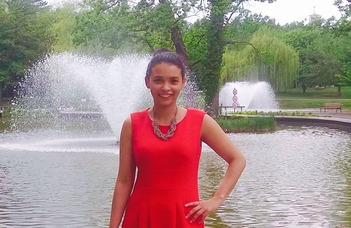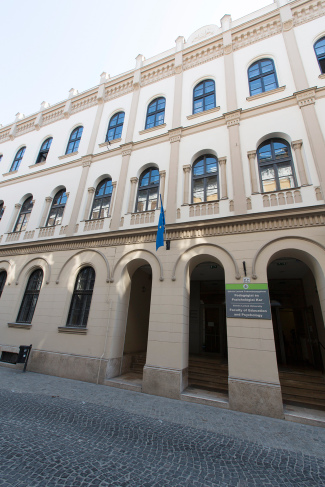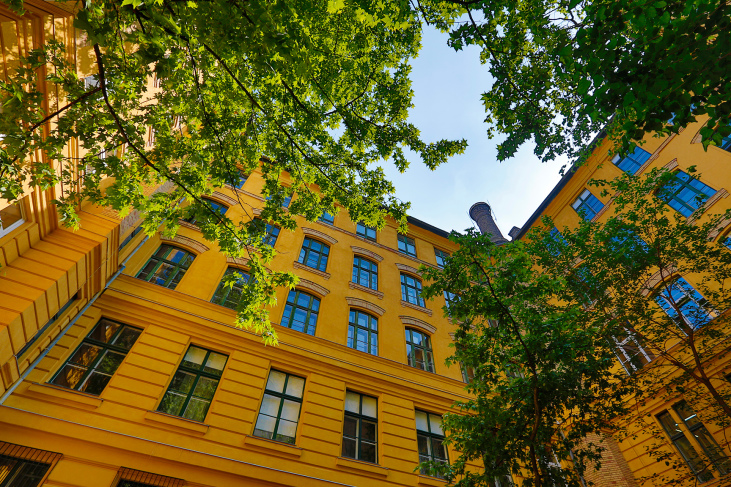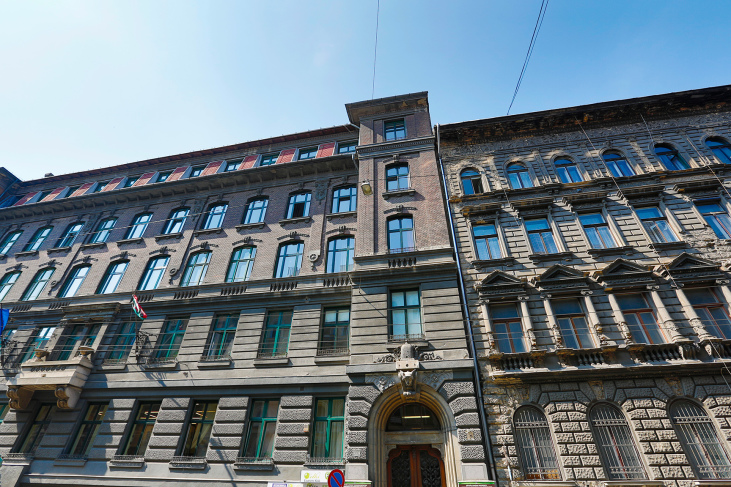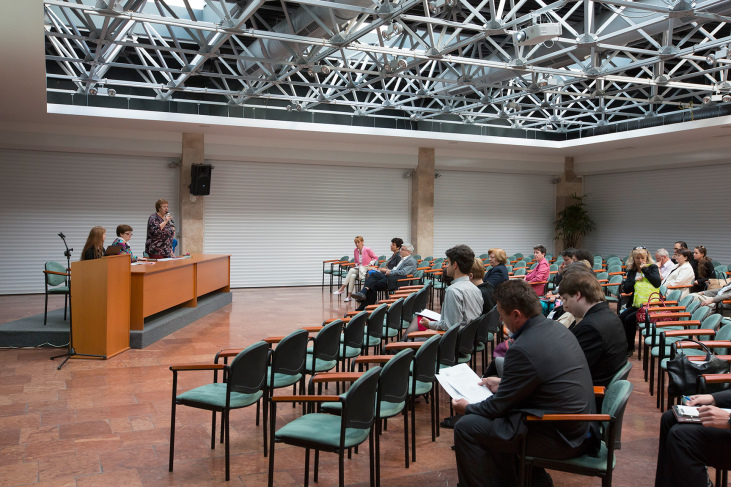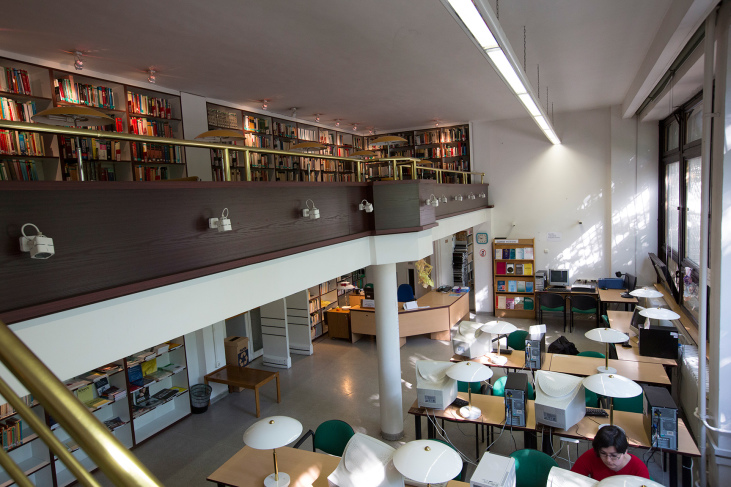Doctoral School of Education
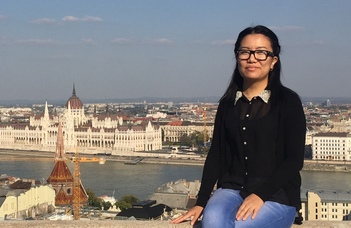
Kazakhstan

Kazakhstan
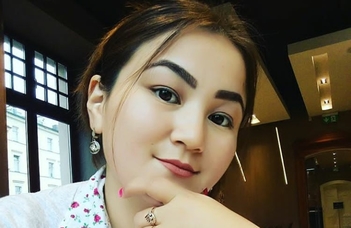
Kazakhstan

Kazakhstan

South Africa
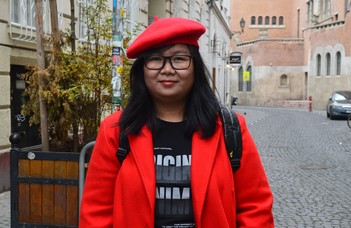
Myanmar
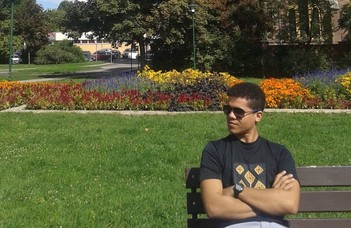
Brazil
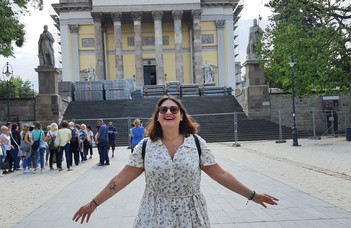
Lebanon

Nigeria
Doctoral School of Education
Doctor of Philosophy (PhD)
Degree program
Doctoral
OH-FRKP/406-3/2007; OH-FHF/883-4/2010
English
4+4 semesters (2+2 years)
252
1
Our programme comprises of both course-based and research-based elements. The aim of the doctoral programme is to enable students to conduct research in accordance with the common national and international standards in pedagogy. Academic research competencies of students are to be developed in order to enable them to carry out solid research, write and defend dissertations, and be prepared for working in tertiary education or research centres. Therefore, the credits students have to earn during their studies are divided in the following proportion:
33% for courses, 5% for complex examination, 45% for academic research, and 17% for teaching in tertiary education.
The application can be submitted for the following doctoral programmes:
The programmes of the Doctoral School of Education :
Theoretical - Historical Pedagogy Module
Adult Learning and Education Module
Teacher Education and Higher Education Studies (EDiTE) Module
Sports and Health Promotion Module
Culture, Diversity, and Education Module
The supervisors at the doctoral school support their students’ research work and introduce them into the field of professional and academic public life relying on the research findings, qualifications as researchers and teachers in their academic field, and participation in various international research projects.
Publication activity is one of the most outstanding in the Faculty and results are regularly presented at national and international scientific conferences and congresses. Books on the placebo effect, on the psycho-visceral relationships as well as on the electromagnetic sensitivity and modern health worries represent unmatched scientific knowledge.
One of the major strength of the Institute is the combination and integration of different disciplines which generate interesting and attractive projects and outstanding research. Another important feature is the warm and friendly interpersonal spirit which includes a large number of interested, active and dedicated PhD and MA/MSc students.
Researcher
- Academic staff
- Researcher
- Reflective jobs, such as program associate, program manager, social service administrator, research coordinator
5,500 EUR
5,500 EUR
120 EUR (non-refundable)
120 EUR (non-refundable)
-
-
Entrance exam fee: 120 EUR (non-refundable)
Entrance exam fee: 120 EUR (non-refundable)
5,500 EUR
120 EUR (non-refundable)
-
Entrance exam fee: 120 EUR (non-refundable)
Yes
01, Sep, 2025
25, May, 2025
No
Entry requirements
Applicants are expected to present the documentation of their MA/MSc diploma.
The Doctoral School of Education requests all applicants to contact a potential supervisor in advance to discuss the research plan, the supervisor’s statement, and the connection to the doctoral program. Potential supervisors and available research topics can be found on the website of the Doctoral School
For the Sports and Health Promotion Program: MA/MSc in education, pedagogy, teacher training, psychology, recreation, physical education teacher program, sports coach, sports manager, health educator, nutritionist, physiotherapist.
If the applicant takes their final examination during the current semester and their degree certificate (diploma) is not issued before the application deadline, a certification is required, which verifies that the applicant will presumably receive a degree. In case of being accepted as a student, however, the applicant must present the diploma upon enrolment at the latest.
This programme is not available for Hungarian citizens.
Language requirements
Minimum level of language proficiency (oral) (A1-C2): C1
Minimum level of language proficiency (written) (A1-C2): C1
The language of instruction for the entire programme is English, so a very good command of English is required during the oral entrance exam and throughout the whole programme. The language knowledge is assessed and evaluated during the interview.
| Document | Comment |
| online application form | - |
| Master-level degree | - |
| CV | - |
| Motivation letter | - |
| Research plan | - |
| Letter of recommendation | not obligatory |
| Copy of the main pages of the passport | needs to be valid |
| Copy of application fee transfer | - |
| Entrance exam fee | - |
|
Reference work |
It can be any academic paper written in English by the applicant within the field of the applicant's earlier studies (MA thesis extract, a research paper, a seminar paper, a research report, a published journal article or a book chapter, a case study, a literature review, etc.) Either a new paper or an improved version of an earlier work can also be written for the current application. The ideal length should be between 5-15 pages excluding references and the appendices. There are no special requirements concerning the format. |
| An official English translation of the MA certificate if the language of the original is not English. It can be a translation from the university too. | - |
| List of publications | not obligatory |
| Supervisor statement | Potential supervisors and available research topics can be found here: https://doktori.hu/index.php?menuid=116&lang=EN |
The Doctoral School of Education requests all applicants to contact a potential supervisor in advance to discuss the research plan, the supervisor’s statement, and the connection to the doctoral program. Potential supervisors and available research topics can be found here: https://doktori.hu/index.php?menuid=116&lang=EN
The application starts on the online application system . Students need to register in the system, fill in the online application form, upload the required documents and follow the instructions during the application process.
Students must upload all the required documents in the online application system, and after adding all the required documents, submit it.
The application and the entrance exam fee can be paid separately or in one amount as well.
Both fees should be transferred to the following account:
Name of Bank: Magyar Államkincstár (Hungarian State Treasury)
Address of Bank: Budapest, Váci út 71, Hungary – 1139
Holder of the account: Eötvös Loránd Tudományegyetem
Account No.: 10032000-01426201-00000000
SWIFT Code: HUSTHUHB
IBAN Number: HU03 1003 2000 0142 6201 0000 0000
On the transfer order please put down your full name and “AB01 B104 B10405/18”!
The deadline for application means the deadline of submission of the full and complete application package in the online system.
When the university receives the full application package and it is checked by the Student Affairs and Registrar’s Office an entrance exam date option will be sent in the online application system after the application deadline for the relevant period. Please, check your messages in the application system, and the e-mail address that is linked to the account regularly.
Procedure of the entrance examination
The applications are examined by the Admission Board and applicants are notified of the outcome of the selection in the online application system. Admission letters are sent out in the online application system.
Type of entrance examination: oral
Place of entrance examination: in person or online. (Via MS Teams)
The entrance exam is interview based on the applicant’s research plan. The aim of the interview is to see whether the research topic of the candidate fits the profile of the doctoral programme. The exam is approximately a 30-minute-long conversation with the head of the doctoral programme and other professors about the research plan, its feasibility, and the candidate’s previous academic path (publications, results, research).
Criteria of evaluation:
- the feasibility of the research within the framework of the doctoral programme,
- the awareness of the research's theoretical and bibliographical background,
- the knowledge of foreign languages,
- previous research results and the ability for completing academic teaching tasks.
Evaluation and results
Results and the official decision will be announced within a month after the entrance exam date, in the application system. The ranking is based on a total evaluation of the academic excellence (based on the submitted documents) and the results of the entrance exam.
Anikó ZSOLNAI
Head of the Doctoral School of Education
Violetta FRANK
International Admission Coordinator
E-mail: admission@ppk.elte.hu
TEL: +36 1 461 4500 / 3499
Postal address: 1075 Budapest Kazinczy utca 23-27.
More information
Faculty of Education and Psychology
Faculty of Education and Psychology
Campus Tour Join our student guide, Peter Enim (PhD student at the Doctoral School of Psychology) for a tour at the Faculty of Education and Psychology, Eötvös Loránd University (ELTE), Budapest, Hungary.
Campus Tour Join our student guide, Peter Enim (PhD student at the Doctoral School of Psychology) for a tour at the Faculty of Education and Psychology, Eötvös Loránd University (ELTE), Budapest, Hungary.
0
/
0










0
/
0

